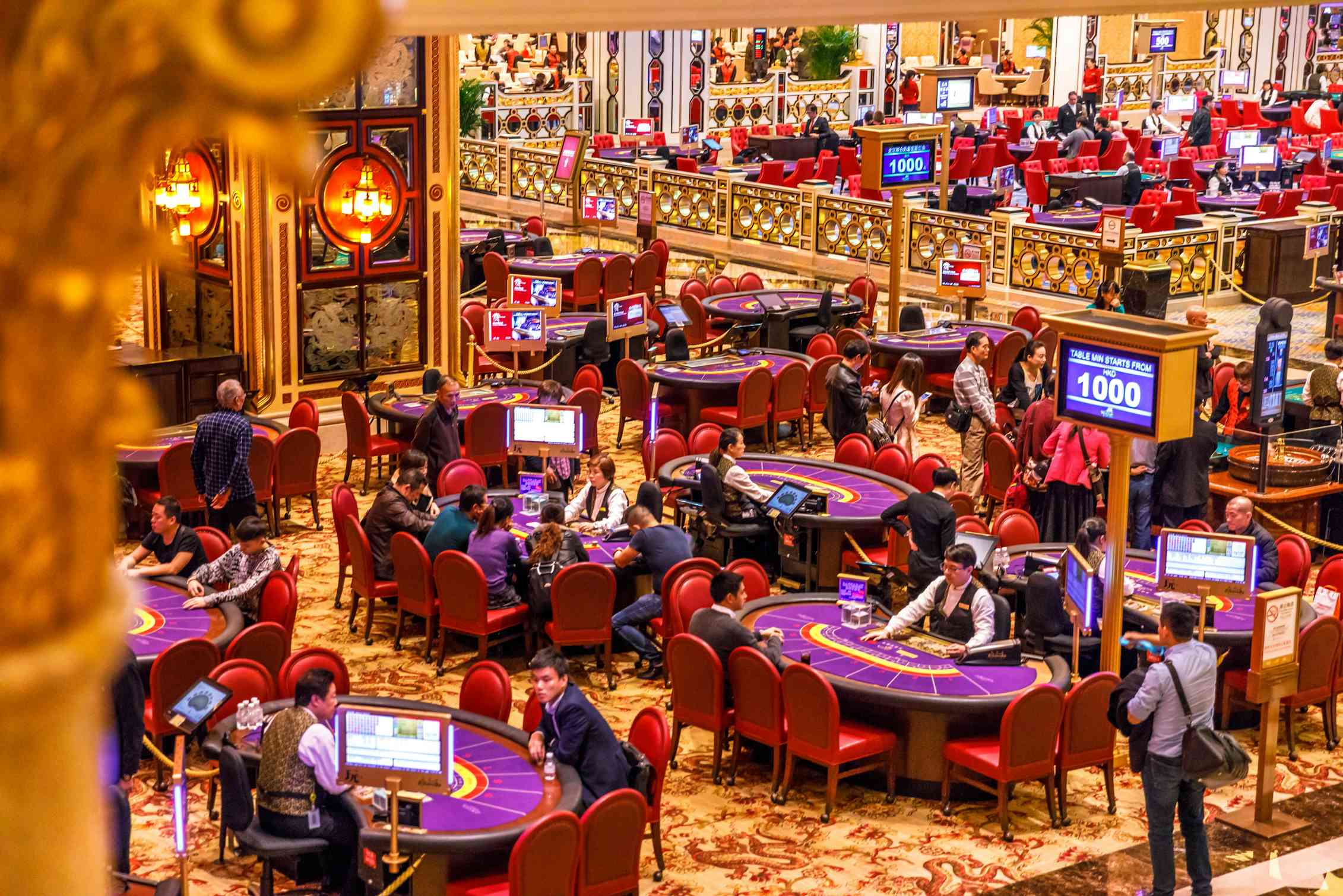Gambling Games and Their Impact in Cultural Trends
Casino games have long captured the interest of humans around the world, becoming an essential part of both entertainment and tradition. From the glimmering lights of Nevada to the captivating experience of virtual casinos, these activities evoke thrill, uncertainty, and sometimes even a sense of nostalgia. They are more than just hobbies; they have woven themselves into the texture of human experience, influencing various aspects from cinema and music to clothing and literature.
The appeal of casino games transcends the betting aspect, tapping into broader themes of fortune, chance, and human behavior. As players convene around a gaming table or rotate the roulette wheel, they engage in an age-old ritual that echoes with our communal desire for adventure and unpredictability. This captivation has led to the emergence of many references in cinema, songs, and video games, showcasing how intensely entrenched these activities are in mainstream culture. Whether it is the intense drama of a traditional caper or the vibrant nightlife portrayed in music videos, casino games have created a substantial role that reflects our bond with risk.
Social Significance of Casino Activities

Gambling games have played a pivotal role in cultural aspects throughout the ages. Originating from old civilizations, forms of chance were often connected to ceremonies or gatherings. 6789 For example, early forms of these activities can be traced back to historic China and the Roman Empire, where die games and betting on outcomes were popular pastimes. These games not only functioned as leisure but also as methods of social interaction, facilitating connections among people within communities.
As cultures evolved, so did the sophistication and structure of casino games. The establishment of official casinos in the 17th century, particularly in the Italian region, marked a significant shift in how games were perceived and organized. With designated spaces for gambling, the casino became a social hub where people from different backgrounds convened. This change contributed to the validation of the industry, transforming it from a mere pastime into an organized industry that influenced the economy and regulations.
The impact of casino games on popular culture cannot be understated. As they were brought into the limelight in literature and film, games such as poker and blackjack became icons of risk, chance, and strategy. Famous figures and stories have developed around these activities, illustrating societal views towards fortune, prosperity, and vice. This interest with casino games has permeated various forms of entertainment, cementing their place in the collective consciousness and linking them to wider cultural stories throughout history.
Portrayal of Casino Games in Entertainment
Casino activities have long been a popular theme in various forms of media, reflecting both the excitement and nuances of the world of gambling. Movies such as Ocean's 11 and Casino Royal portray characters who navigate intense situations, showcasing not only the appeal of the gambling environment but also the methods and choices that come with playing popular games like poker and blackjack. These films often dramatize the excitement of winning and the potential results of losing, encapsulating the risks involved in betting.
TV programs have also explored the universe of gambling activities, often integrating them into the narrative as a context for character development and drama. Series like Vegas depict the lives of gambling employees and customers, highlighting the vibrant, often chaotic energy of the casino floor. Reality shows featuring high-stakes betting contests further emphasize the fascination of gambling activities, drawing viewers into the drama and tactics involved in each round. Through these depictions, media not only amuses but also prompts conversations about fortune, skill, and the nature of chance.
Video games have increasingly integrated gambling activities into their development, allowing players to experience the feeling of betting without monetary loss. Games within the realm of digital gaming often include online slot machines, online poker, and other casino favorites, creating an interactive experience that mirrors real-life gameplay. These virtual portrayals make casino games accessible to a global audience, appealing to both risk-takers and those who enjoy the thrill of simulation. As a consequence, the representation of gambling activities in media continues to shape public perception and cultural significance, highlighting their place in society and the cultural landscape.
Impact of Gambling Activities on Society
Gambling activities have a meaningful effect on society, influencing various aspects of culture and interpersonal behavior. They often function as a platform for social interaction, where people gather to experience a shared activity. Casino trips with friends or trips to casinos become group events that build connections and create memories. This collective aspect enhances the entertainment value of casino games, making them a popular choice for celebrations and recreational pursuits.
Additionally, casino games have been depicted in countless movies, TV series, and written works, influencing views and attitudes towards gambling and gaming. Icons like James Bond competing in baccarat or the high-stakes poker scenes in films have cemented these games in the shared imagination. This representation often idealizes the culture associated with casino activities, attracting new players and impacting trends in both fashion and conduct. These portrayals can spark curiosity and lead to a deeper investigation of the nuances of gambling.
Nonetheless, there are also negative implications associated with the popularity of casino games. The allure of quick monetary gain can lead to gambling addiction and economic troubles for some people. Society must contend with these consequences, promoting responsible gaming and education of the dangers involved. Balancing the entertainment value of casino games with the risks is crucial to ensure that they continue to be a positive aspect of our societal fabric.
